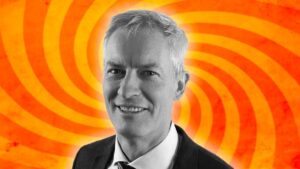Can legendary mine finder Mark Bennett hit the jackpot next to Australia’s most profitable gold mine?

Picture: Getty Images
-
- S2 Resources has begun a maiden drilling program at its Greater Fosterville project
- The Mark Bennett-led explorer won the Victorian Government tender for the 394km2 tenement surrounding Agnico Eagle’s Fosterville gold mine in 2021
- Can it find a repeat of Fosterville’s famous ~50g/t Swan Zone?
In 2019 the Victorian Government began a process that would draw the eyeballs of miners large and small to a state that had long shed its golden past.
It was prospectors with pickaxes, dryblowers and gold pans who flooded the State from every corner of the world in the 1850s.
This gold rush was conducted on pen, paper and computer screens, with heritage consultants, board directors, community relations people, engineers and geologists alike among the actors.
Time had run out for Kirkland Lake, then owner of the Fosterville gold mine near Bendigo, to make a discovery on tenements it held around the famous gold mine, where only four years before the revelation of the near 50g/t Swan Zone had made it Australia’s most profitable bullion producer.
The ground release of four exploration blocks, including a 394km2 tenement literally surrounding the underground mine and its 750,000tpa processing plant, drew applications from as many as 60 companies, among them global giants like Newmont and Kirkland themselves.
Kirkland, now world’s third biggest gold miner, Agnico Eagle, after a merger between the Canadian majors last year, won three blocks, where it has pledged to spend $90 million looking for a repeat of Fosterville’s Swan and Phoenix Zones.
But none were the coveted Block 4 — the prized exploration ground so close you can taunt Fosterville’s security metres from its mine office.
The winner of that one was S2 Resources (ASX:S2R), then worth less than $50 million.
S2 founder and executive chairman Mark Bennett, a geo famed for his role in the discovery of the Nova nickel, Thunderbox gold and Wahgnion gold mines with Sirius Resources, LionOre and Western Mining Corporation, said calling it a surprise was an understatement.
“We put in proposals for three blocks out of the four and we thought we might have a small chance with two of them, but we’d never have a chance with this one,” he said.
“As we’d done most of the legwork for the bids on the other blocks anyway, it wasn’t a lot extra to put in a third bid.”
The $10.4 million S2 pledged to spend over five years paled in comparison to the roughly $60m believed to have been promised by some of the gold sector’s biggest players.
“We put in the bid for it, and pretty well forgot about it because it took quite a while to get resolved,” Bennett said.
“When Marcus Staubmann, one of our guys, received a phone call one Thursday night, didn’t recognise the number, thought about just ignoring it but picked it up at the last minute.
“And it was the Victorian Department saying we’d won a block in the tender. I think he said ‘what tender’ and then when they said which block it was he sort of nearly fell off his chair, as did the rest of us.”
Two years on, S2 has just kicked off a maiden 5600m drill program chasing the next Swan. Eleven years after Bennett defied expectation to make the Nova discovery, can lightning strike again for the legendary mine finder?
READ: The Explorers: S2 Resources’ Mark Bennett on the secret recipe to finding big deposits
Rigs hit the ground
S2’s share rerated around 90% the day the Fosterville tender win was announced on October 29, 2021.
They drifted as gold lost its lustre with investors, but have surged again by almost 31% over the past six months as momentum built towards the start of exploration at Greater Fosterville.
After a near two-year wait, drill rigs have hit the ground at Greater Fosterville.
After sinking its first hole late last month at the licence known as EL7795, S2 is still early in the roadside campaign, with core currently being cut and prepped for delivery to assay labs.
The size of the prize is, potentially, massive. S2, previously focused on nickel and gold exploration in WA and Finland, now surrounds a mine which in its pomp produced 640,000oz at over 33g/t in 2020 and counts as one of the two most profitable standalone gold mines in the world alongside Sumitomo’s Hishikari mine in Japan.
This year it’s forecast to produce 305,000oz at insanely low cash costs of US$378/oz. But with an official mine life out to 2031, Agnico and its predecessors are yet to make a find to truly follow up the unique Swan Zone.
If S2 can make a discovery of note they are not only just paces from an active and underfed mill, but they could be attractive to a major gold miner in need of reserves.
They’ve drafted a who’s who of Victorian gold expertise to get there. Alongside Bennett is chief geologist Rohan Worland who, based out of Ballarat, has been around the Victorian gold scene for decades.
In consultant Rod Boucher, S2 also has access to one of the foremost experts on Victorian orogenic gold, who was part of a skeleton crew who built up the Fosterville resource ahead of its rebirth as an underground mine with the development of the Phoenix Zone in the mid-2000s.
They have a head start. S2 has a ream of geological data from Kirkland Lake and previous explorers, including gravity, induced polarisation (IP), electromagnetic (EM), seismic, magnetic and LIDAR surveys as well as drill results with shallow, localised gold hits and even a small historic non-JORC resource at Goornong South.
Along with drilling, Worland is hoping to conduct some IP surveys to determine the chargeability of prospects, which he says links well with the hinges where high grade mineralisation at Fosterville is commonly found.
“We’ve got 18km of strike from the boundary of the mining lease here, through to the north,” he said during a trip to inspect the drilling this week.
“Each of those structures has been poorly explored. And so, how do you systematically explore that?
“We think the chargeability in this setting is giving us a really good tool to define alteration on the fertile hinges.”
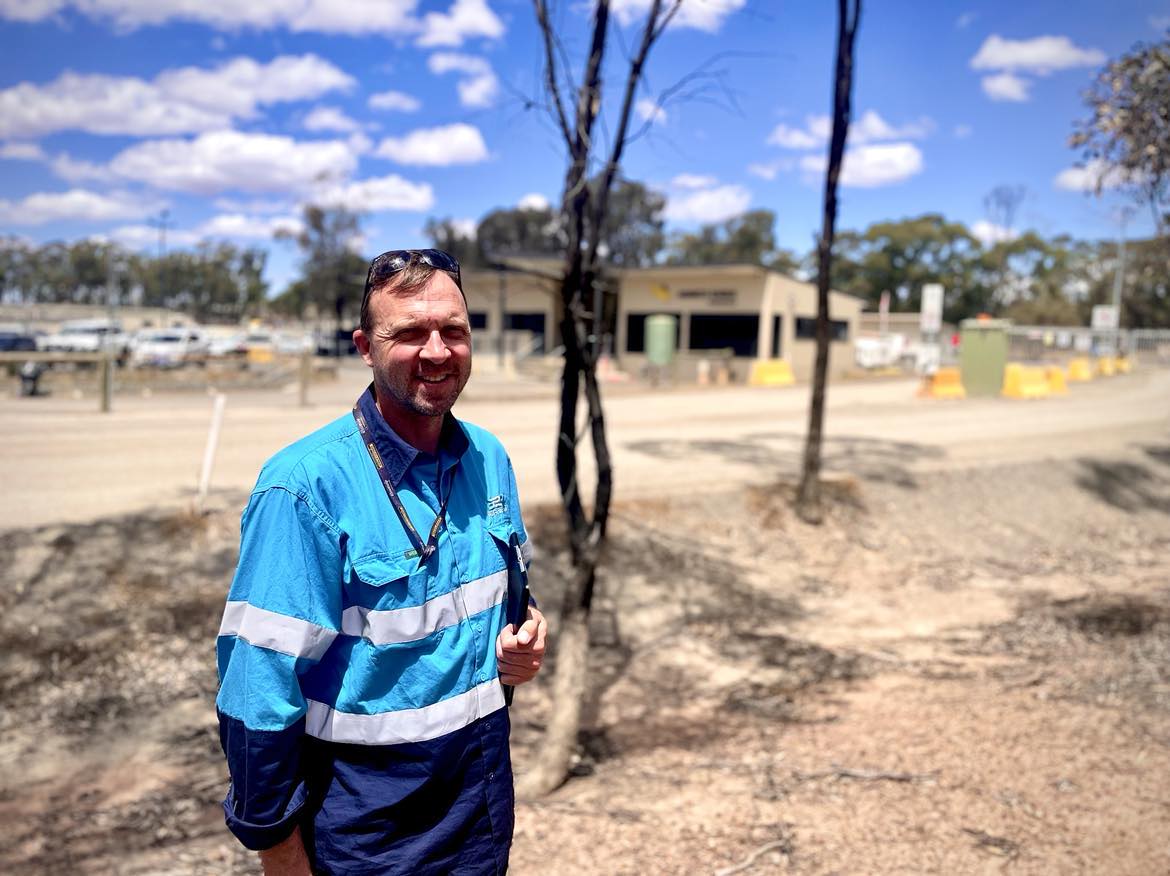
Bennett said the data and knowledge already built up before S2 began work places it in a better position than his frontier exploration finds at Thunderbox and Nova, where Sirius was famously onto virtually the last drill hole it could afford when it made the discovery.
“In that case, it was a more of a normal exploration situation where you’ve got limited data so you’re still guessing quite a lot,” he told Stockhead.
“Whereas in this case, we’ve got all the information from the mine just to the south of us on what sort of controls where the gold is.
“And we inherited all those drill holes, that we could relog structurally, it sort of launched us straight into a more advanced stage of exploration where you’re actually quite data rich.
“You’ve got a lot to get your teeth into which is why (the geos) are sort of getting into the detail.”
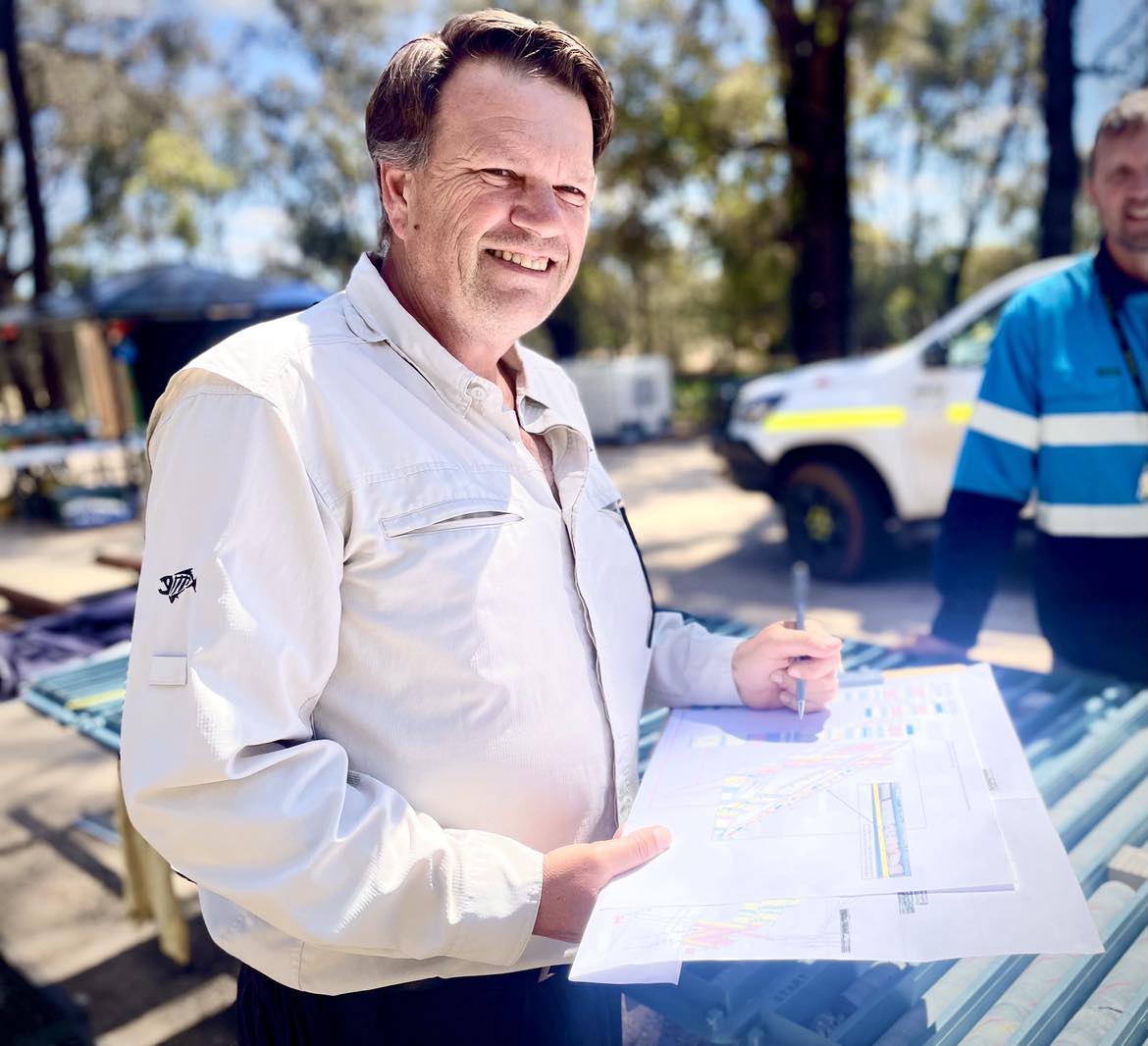
Big V
S2’s Victorian pivot may be near on accidental but was fortuitous for another reason.
Headquartered in Perth, S2’s Bennett was a long-time resident of WA.
His move to his current home outside Melbourne, like many stories in the current day and age, has its origins in the days of the Covid lockdowns, when he fell foul of WA Premier Mark McGowan’s strict border controls.
“I found an old place I was doing up and thought this would be nice to retire to one day in the future,” he said.
“I was over here one weekend doing that and that’s when the borders closed.
“I tried to get a G2G pass about eight times and each time got knocked back.
“I live there, my house is there, my family’s there, I work there, my company’s there. And they said ‘well, that’s not good then’.
“I spent 12 months forcibly separated from the family.”
The solution was for Bennett’s family to pick up stumps and move to Victoria with the renowned geologist, who agreed to sign up also in October 2021 as the chairman of Chalice Mining’s Vic gold spinout Falcon Metals.
Three days later S2 had its shock tender win. The company shifted focus immediately, with then CEO Matthew Keane later replaced with the newly Victorian exec chair Bennett as the day to day head honcho.
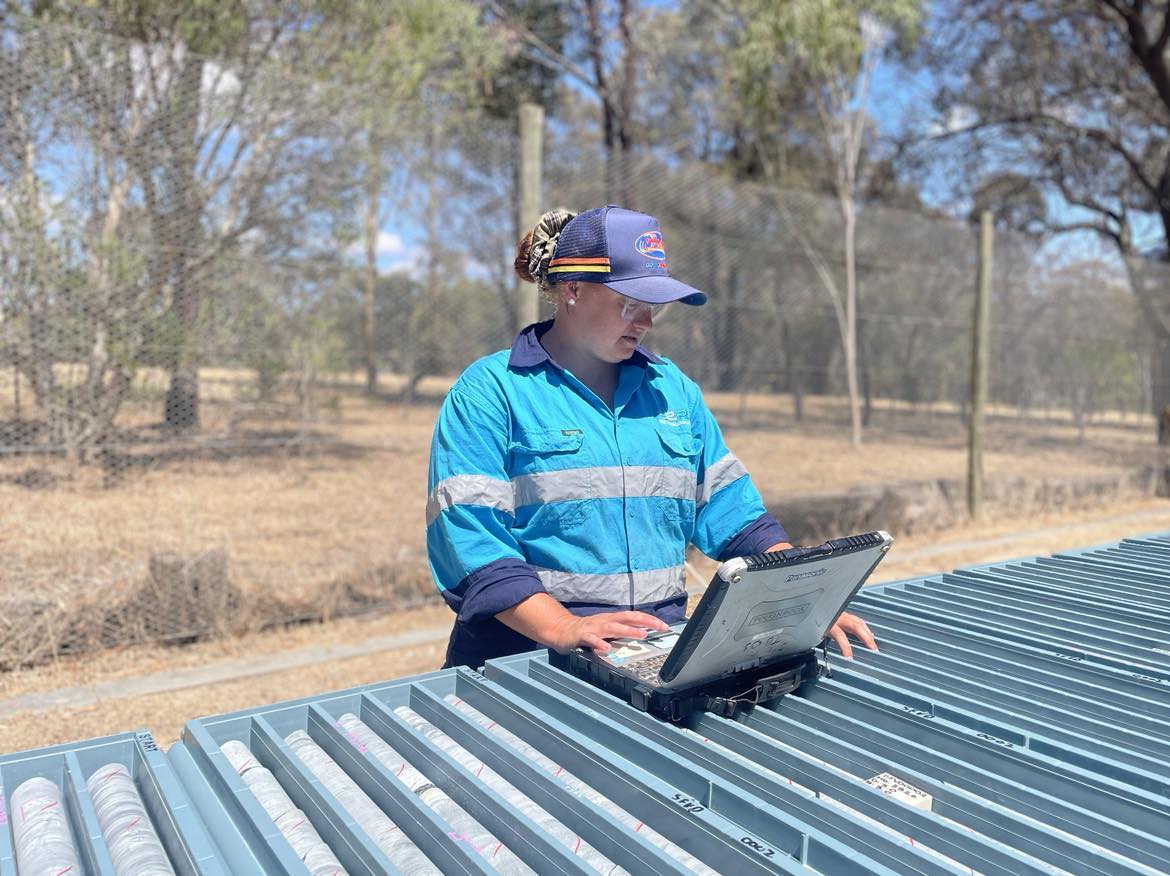
Down to Earth
The surprise award of Block 4 to S2 rose the eyebrows of many market watchers, suspicious of the Victorian Government’s bureaucratic approach to the mining industry.
To many it beggared belief the owner of the Fosterville mine would have tenure where mineralisation could logically run from its own workings stripped off it, but also to miss out on the right to reclaim the ground position.
Bennett looks at it another way, pointing out that the Victorian Government was acting strictly within the bounds of its own legislation, which only allows a second five-year renewal in exceptional circumstances.
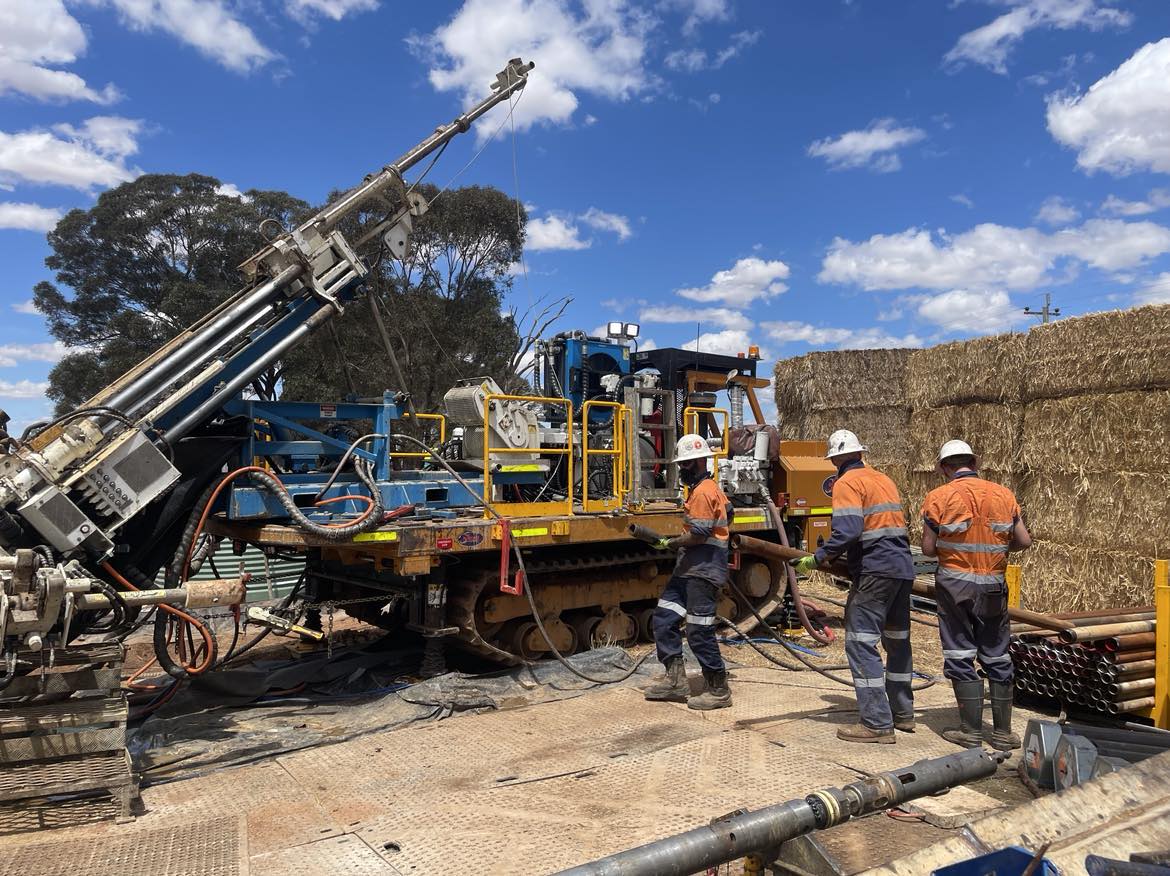
It was a closed door process, meaning we may never know exactly why S2 was the preferred tender. And it wasn’t all about how much was going to ploughed into the ground.
25% of the weighting was placed on a vote from traditional owners. Here Bennett thinks the human touch of a junior was an important factor.
At Sirius, which was bought by battery metals giant IGO (ASX:IGO) in 2015 in a deal that helped solidify not only Bennett’s but also billionaire prospector and backer Mark Creasy’s legacy, Bennett spearheaded a landmark native title agreement with the Ngadju people of WA’s southern Goldfields.
“I think that was taken into account quite a lot and it wasn’t just the work we did, it was the way we did it, in terms of the relationships we developed with individuals with the Ngadju,” he said.
“Slightly quirky things, like I’m a sort of frustrated muso and I played bass with the Yabu Band supporting Gurrumul on Australia Day, for example.
“So it’s when you get sort of face to face contact with people, rather than just speaking the corporate speak that I think shows that you actually do what you say.”
Completing agreements with traditional owners of the Dja Dja Wurrung and Taungurung people on whose cultural lands the ground sits contributed to a near two-year delay between S2 receiving the right to apply for the ground and having it granted. But the process also won S2 plaudits, earning the AMEC Award for Aboriginal and Torres Strait Islander Empowerment at a ceremony in Perth last night.
Now that it is granted, there’s little doubt that high grade gold straight off the bat would be a nice bonus. But the structural information Sirius will glean from the 5600m, 10 hole diamond drilling campaign seems to excite its geos more.
“We’ve got to be disciplined, finding the ballpark before looking for the ball,” Bennett said.
“The swan zone is a sort of relatively small sub zone of everything that’s at Fosterville. And you need to find those broader mineralised zones, these sort of south plunging zones first, before you drill within them and find the ultra sweet spot, like a Swan Zone.
“So what we’re trying to do with this drilling is basically find the ballpark.
“We’ve got some ideas, we’ve got a head start from the drilling that’s previously been done. So basically, we’re just trying to put together where we think the anticlines are, and you want to be in one of those, and where the faults are.
“And we might hit a fault outside of an anticline, it might be an insignificant thing. But knowing what it is, you can then sort of track it into the anticline, which is where it’ll become much better.
“So it’s a systematic hole by hole, putting together the jigsaw.”
S2 Resources (ASX:S2R) share price today
Related Topics

UNLOCK INSIGHTS
Discover the untold stories of emerging ASX stocks.
Daily news and expert analysis, it's free to subscribe.
By proceeding, you confirm you understand that we handle personal information in accordance with our Privacy Policy.
